Jespers Torvekøkken aims to supply plant-based food while dreaming of close student collaborations and more underground greenhouses
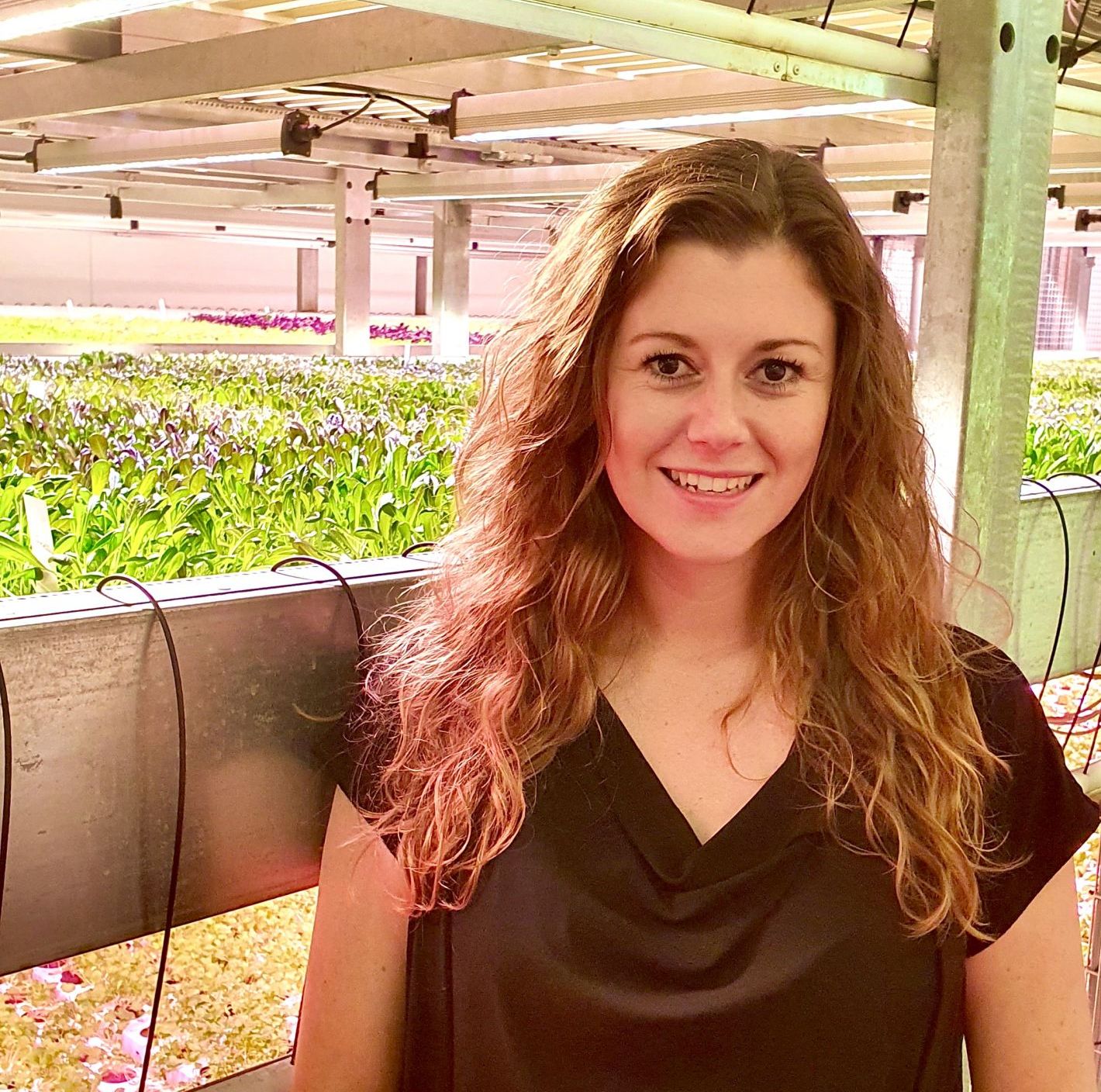
Kristina Steenfeldt is Head of Marketing and Sustainability at Jespers Torvekøkken, and she shares her visions and dreams for JTKs work at CBS. (Photo: Private)
The Head of Marketing and Sustainability at Jespers Torvekøkken shares her visions for the canteens at CBS, which she expects to be more progressive than other canteens.
Jespers Torvekøkken had hardly reopened the canteens at CBS last autumn before they had to be closed down again due to coronavirus.
Now, a new semester is approaching and hopefully one with close to no restrictions, so what can students and staff expect from Jespers Torvekøkken?
CBS WIRE has reached out to Kristina Steenfeldt, Head of Marketing and Sustainability in Jespers Torvekøkken (JTK), to talk about its sustainability goals, but also to know what it has in store for CBS students and staff.
“You can expect a transition from what you’ve been used to, to a greener and smaller range, but also a range that will continuously change. We want our range to match the wishes and demands of both students and staff. And we also want to develop healthier options for grab and go,” she says and continues:
“We aim to give students and staff the opportunity to snack all through the day but based on good energy and healthy food. We would rather have three really good options than 10 mediocre ones.”
At the recent Campus Committee meeting, Kristina Steenfeldt presented Jespers Torvekøkken’s sustainability plan and goals. For example, by 2030, JTK wants to reduce the procurement of goods by 25%, reduce food waste by 50%, reduce its CO2 emissions by 75% and make its production 100% CO2 neutral compared to 2018 figures.
As JTK is aiming to reduce its CO2 emissions by 75%, a lot of that reduction needs to come from the food we eat, explains Kristina Steenfeldt.
“If we want to reach our goal, obviously we will need a lot more plant-based food. It is about taking our guests with us on this journey. And while some of our partners have a somewhat more traditional view of what lunch is, I expect CBS to be more progressive, as students and staff are already asking for green alternatives to the classic set up with meat and something green on the side,” she says.
Student and CO2-friendly projects
Kristina Steenfeldt explains that when JTK reopens in August, the first semester will be used to measure and collect data on student and staff’s behavior, needs and aspirations for the canteen and its range.
“Although we have statistics from Spisestuerne, we don’t know if Covid will have changed people’s behavior in a canteen setting, so we need to make new measurements to form the baseline for CBS. From there, we can see where we are from a sustainability perspective and start introducing initiatives,” she says.
We also want to look into how we can nudge our guests to eat different and more plant-based products, and that is where student insights will be valuable help
Kristina Steenfeldt
In general, Kristina Steenfeldt sees a lot of sustainability potential in setting up Jespers Torvekøkken at CBS. Already in September last year, it began collaborating with a group of students on the use and reuse of packaging and food containers.
“We want to know what it would take to make students and staff think in a more circular way about packaging and food containers. Would it take some type of token-based system, an app or the placement of the bins? We want to investigate these options further, when we get back,” she says.
Kristina Steenfeldt explains that JTK has run several projects in collaboration with students. And whereas students from the Technical University of Denmark can develop new types of packaging or apps, students from CBS can see things from a business perspective.
“Maybe we can develop business ideas with the potential to save the world or at least just make our own and other businesses more sustainable. We also want to look into how we can nudge our guests to eat different and more plant-based products, and that is where student insights will be valuable help,” she says.
Another initiative Kristina Steenfeldt is considering is CO2 labels for the food.
“We could run CO2-friendly campaigns as a means of changing people’s behavior. So we could operate with a color scheme indicating the CO2 footprint of individual dishes so choosing a greener option is easier,” she says.
CBS’ own Excel sheet
Jespers Torvekøkken is based in Søborg, where the start-up Refarmed has a five-story, vertical, underground greenhouse where they grow greens and herbs for their production.
“This week, we are serving smoked salmon with dill, and we just nip down to the basement to get the dill we have grown,” she says.
Would it be possible to have an underground greenhouse at CBS as well?
“It could be a joint investment. At other canteens, we have compost systems that produce fertilizer for nursery beds where we can grow green produce for the canteen. That solution is tricky because it must be in a closed environment without public access, due to strict rules. But various kinds of greenhouse solutions are popping up here and there, and we would love to do something at CBS,” she says.
When JTK has run the canteens at CBS for a while, she expects it will be possible to devise an individual sustainability plan for CBS.
“We are looking at JTK’s overall goals and breaking them down to the individual canteens to see what is possible. Maybe we can buy almost everything locally, and maybe we can buy mostly organic products. When it comes to being organic, we run canteens that are everything from bronze to gold accredited, and CBS may want the same in six months’ time, depending on the base line. CBS will get its own Excel sheet, where it will be easy to see parameters where we can become more sustainable,” she says.



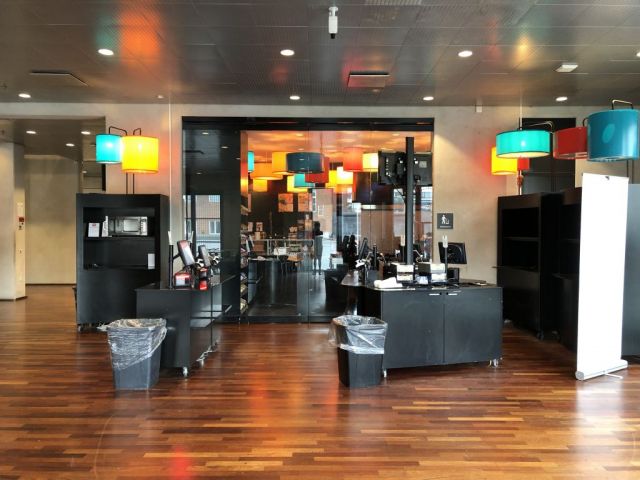


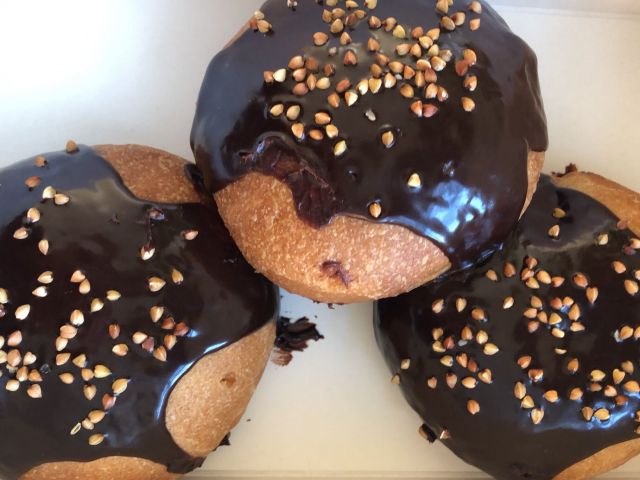
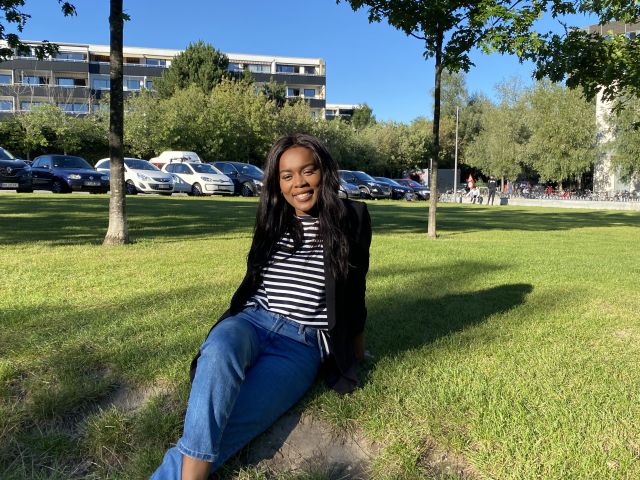

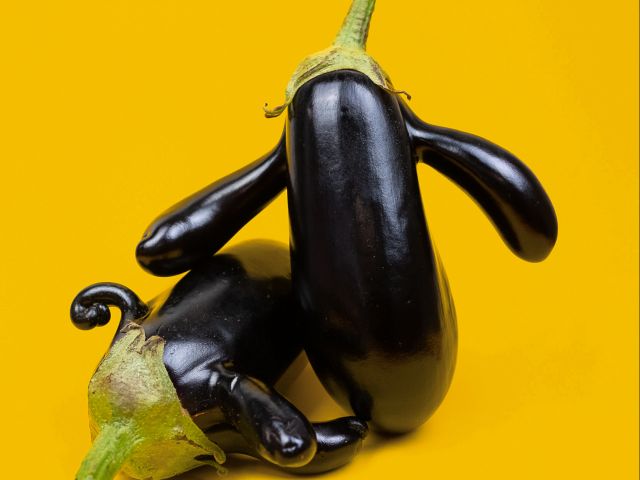




























































































































Good luck, last year even the potatoes were fried in butter #plantbased